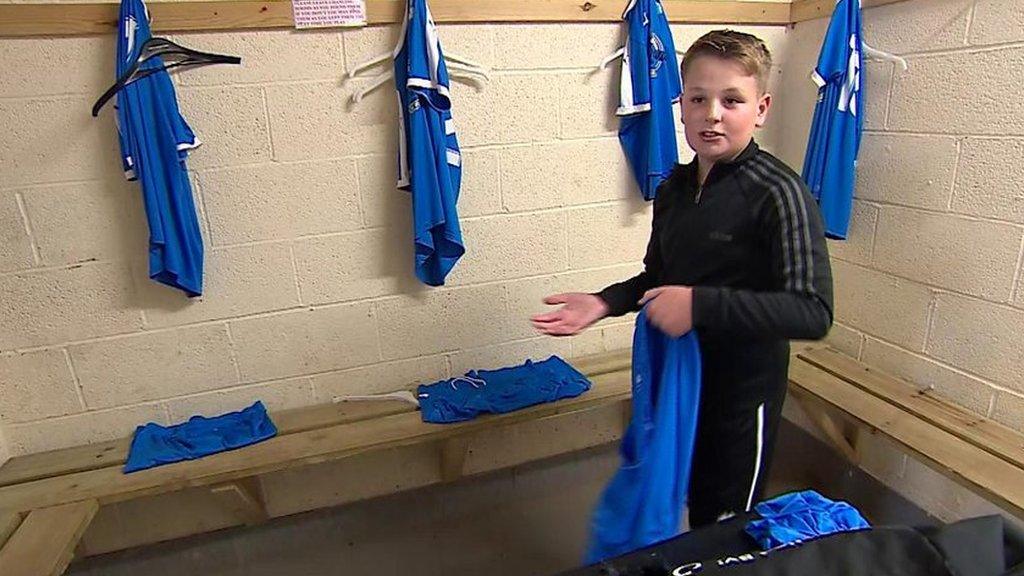Football: Parents asked not to shout at youth football matches this weekend
- Published
- comments
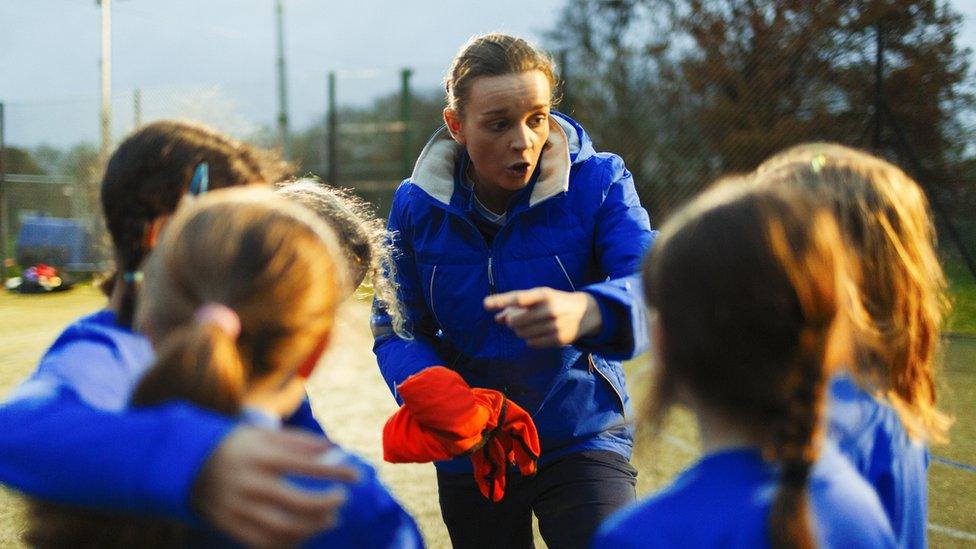
Parents and coaches are being encouraged to just clap this weekend to create a nicer environment for youth football
Parents and coaches are being asked not to shout at grassroots youth football matches this weekend.
It's all part of the Football Association's (FA) first National Silent Support Weekend which hopes to reduce the amount of pressure on young players.
Coaches and spectators will still be able to show their support but with applause instead to create an enjoyable and safe experience.
It comes as many referees say they experience abuse during the games.
Abuse in grassroots football
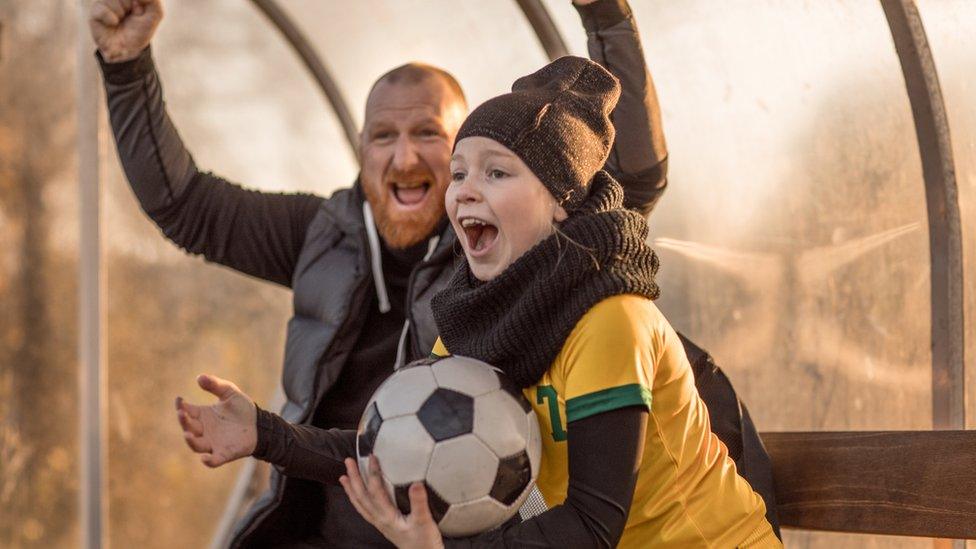
Spectators will still be able to show their support - but only with applause
Merseyside Football Association decided to cancel all youth football matches one weekend back in October because referees were reporting an increase of abuse towards them from parents and coaches.
The abuse can range from shouting, swearing and arguing to - in much rarer cases - physical harm too.
The FA even wrote to players, coaches and parents at the start of the season to warn about 'inappropriate' behaviour and that they could land themselves with a ban if it continued.
Grassroots football is all football which is non-professional
Supporting young refs
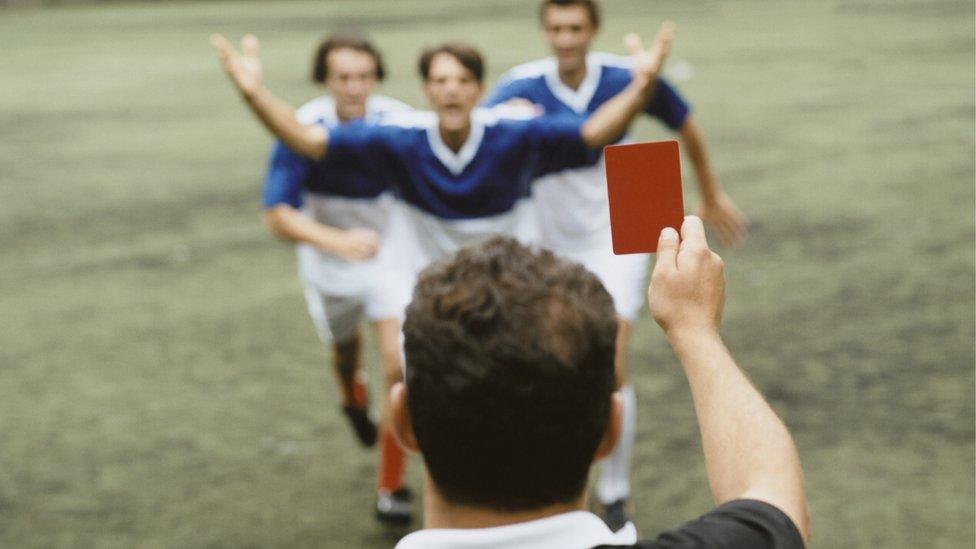
There are fewer referees this season which is partly being blamed on the abuse they get at games
The Referees' Association has reported the numbers of referees registering is down by up to 40% in some parts of the UK, which is being partly blamed on the abuse they've seen.
The president of the association told the BBC that parents were the worst behaved.
"Parents are an absolute nightmare. It's easier to referee a Dog and Duck and Black Horse (adult pub teams) than it is an under-14s game. Parents are absolutely horrendous" he said.
There are also lots of young referees starting out in their careers as teenagers who are reporting that they are facing abuse by spectators, players and coaches.
What's being done about it?
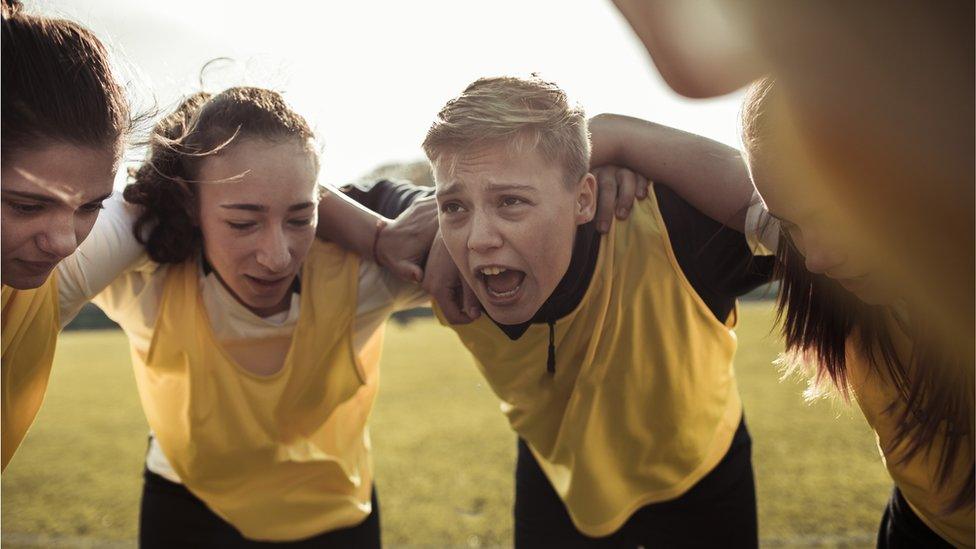
The FA wants to encourage young players to make their own decisions and mistakes on the pitch without fearing they might be shouted at afterwards
More than 10,000 youth games played this weekend will be watched in silence as over 27,000 teams across England have signed up to the FA's National Silent Support Weekend.
It's just one of the ways the Football Association is hoping to put a stop to any bad behaviour at the touch line.
The FA chief executive Mark Bullingham hopes it "promotes respect in youth football," and helps players, "find their voice."
He added: "It gives players an opportunity to focus fully on their game and not be distracted by the touchline.
Parents, spectators and coaches will be encourages to clap when there's good play from either team - not just the one they're supporting.
Its aim is to reduce the amount of pressure put on young players from the side-lines of the game.
The FA hopes it'll help to improve young players' on-pitch communication skills and making their own decisions and mistakes on the pitch.
It's also hoped that there'll be less emphasis on winning, and more on just having fun.
'Enough is enough'
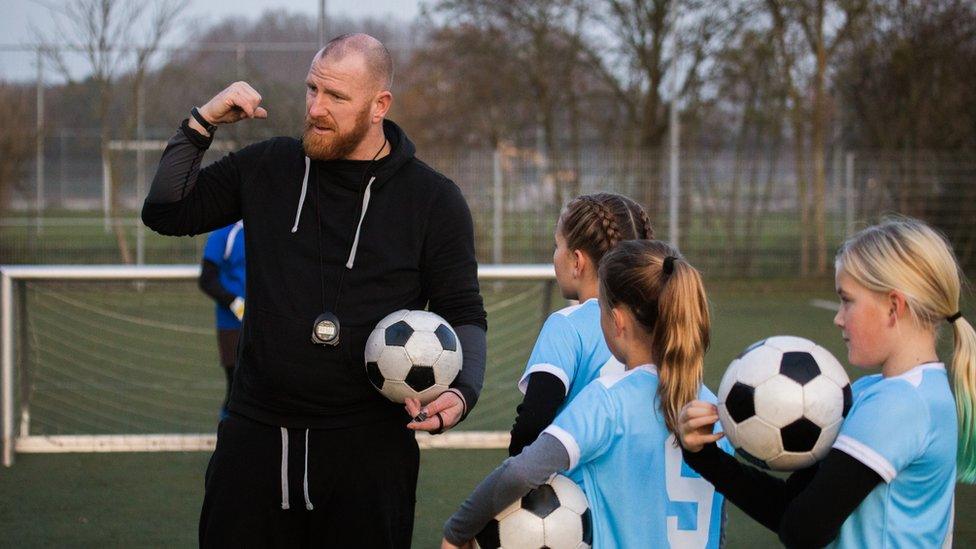
Not even coaches will be allowed to shout instructions to their teams from the side-lines this weekend
The FA also recently launched a new campaign targeted at bad behaviour in the grassroots game called 'Enough is Enough'.
It says this sort of behaviour won't be tolerated and people could land themselves a ban from grassroots football and the club involved could get a fine.
One measure being looked at to protect referees is to have them wear body cameras - but this isn't yet being rolled out.
While some people think the FA could be doing more to bring less negativity to the game, others think more responsibility needs to be put on the aggressive spectators to change their behaviour.
- Published23 May 2022
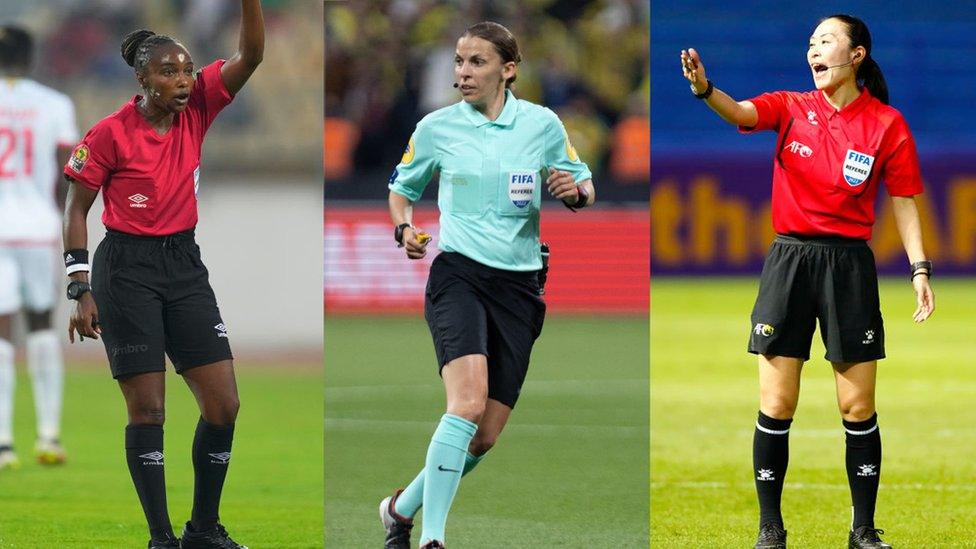
- Published27 August 2020
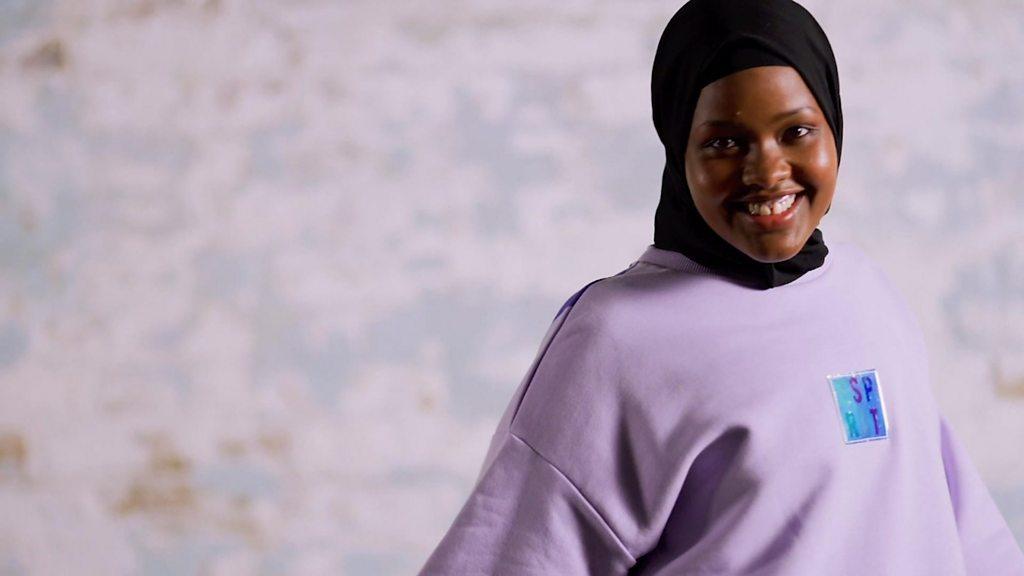
- Published5 October 2021
